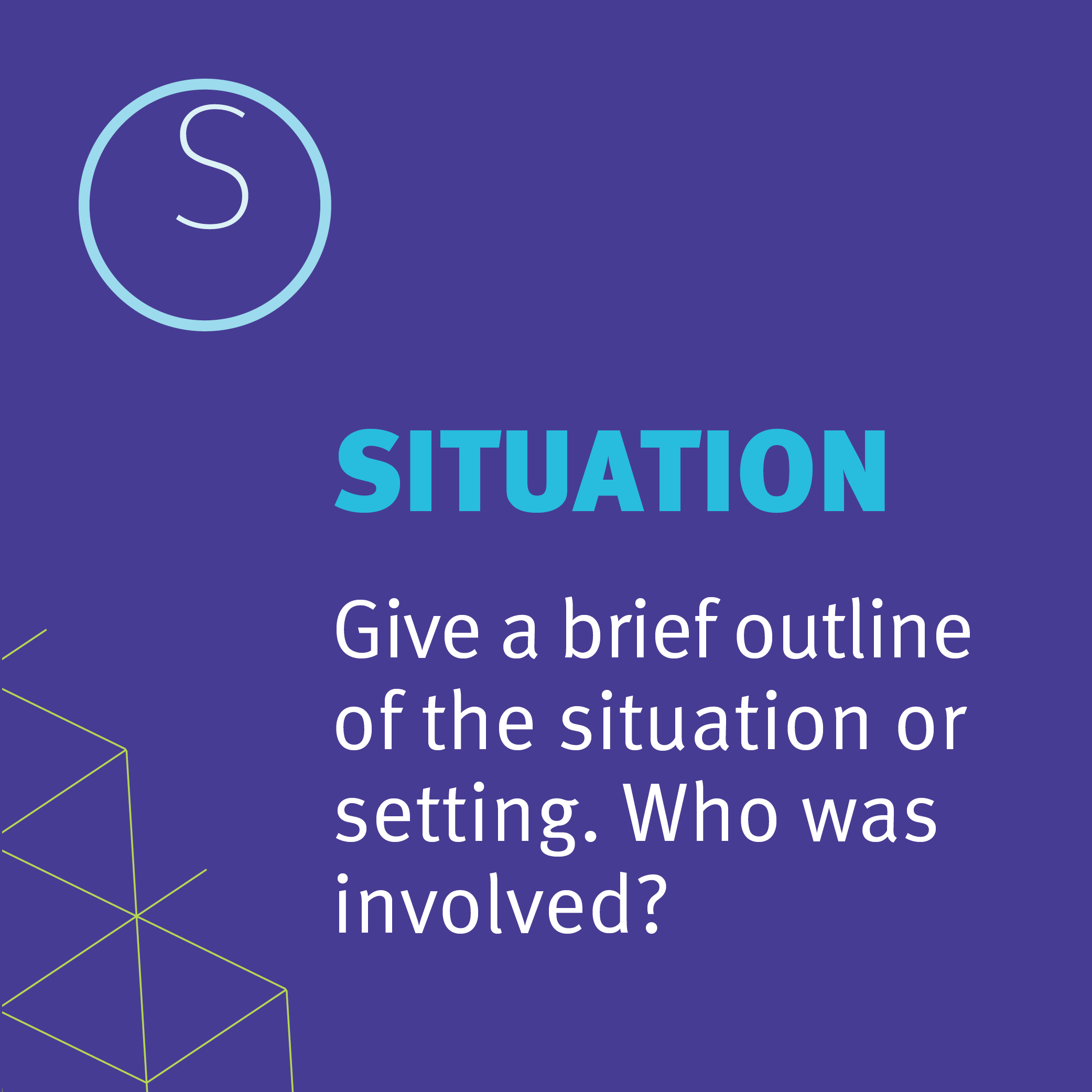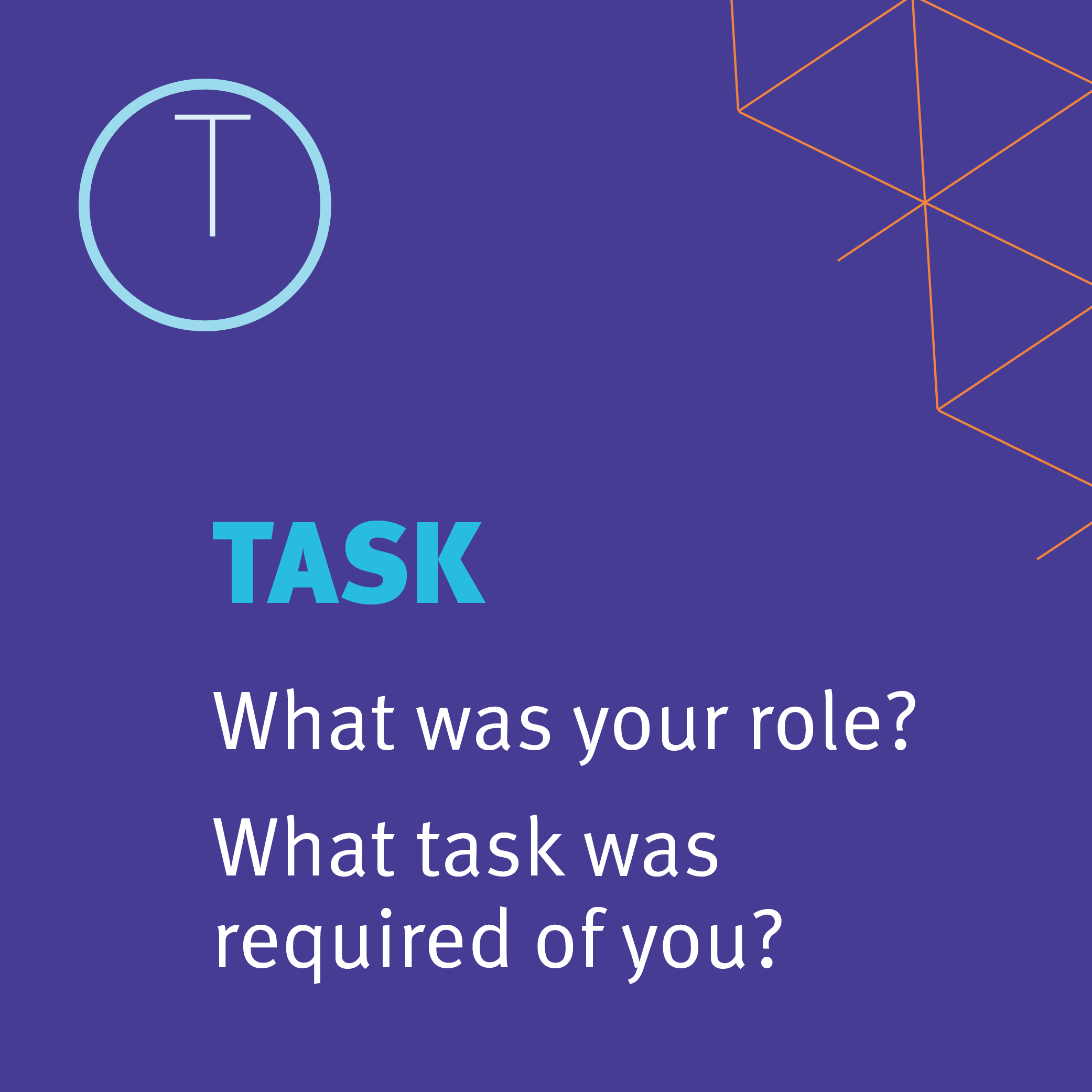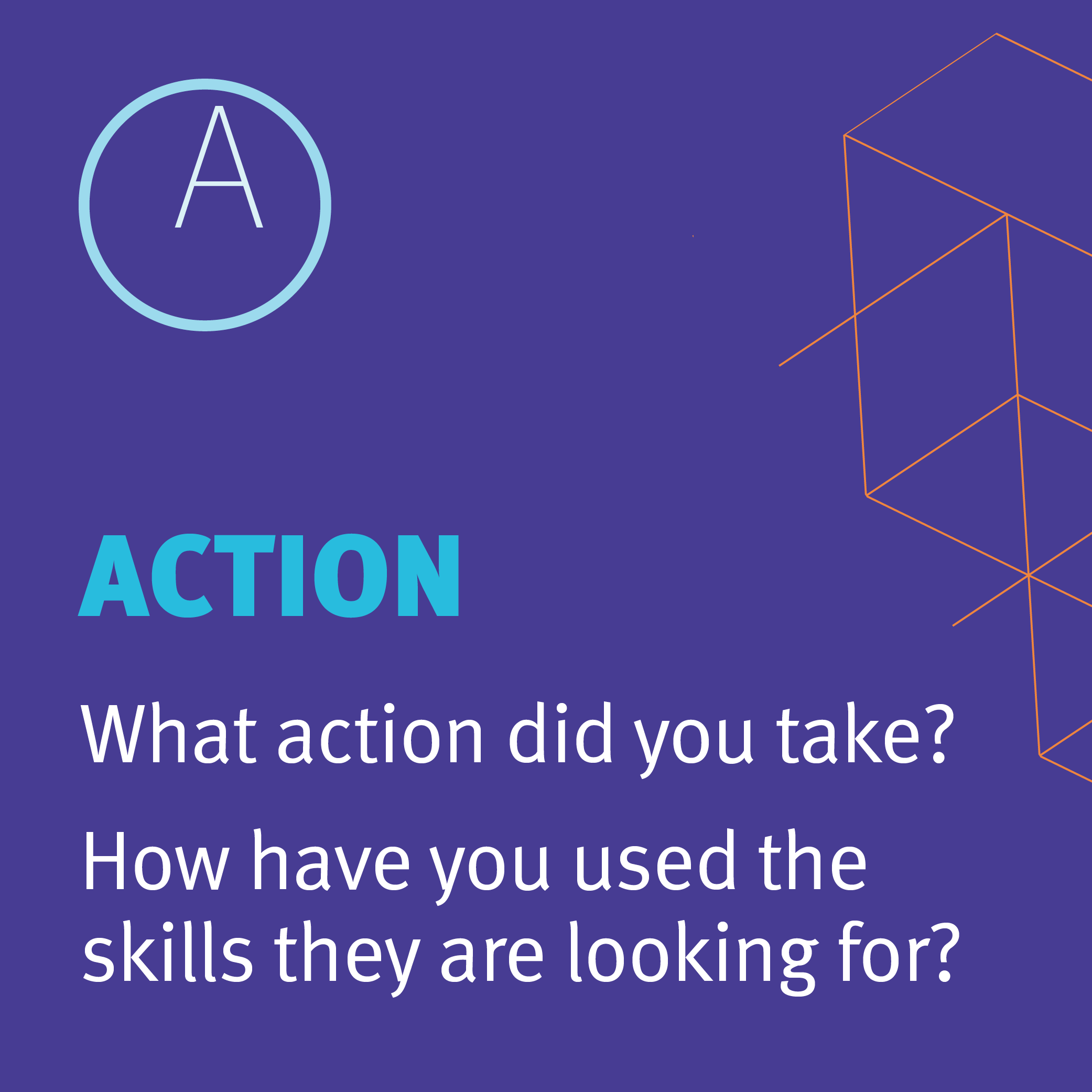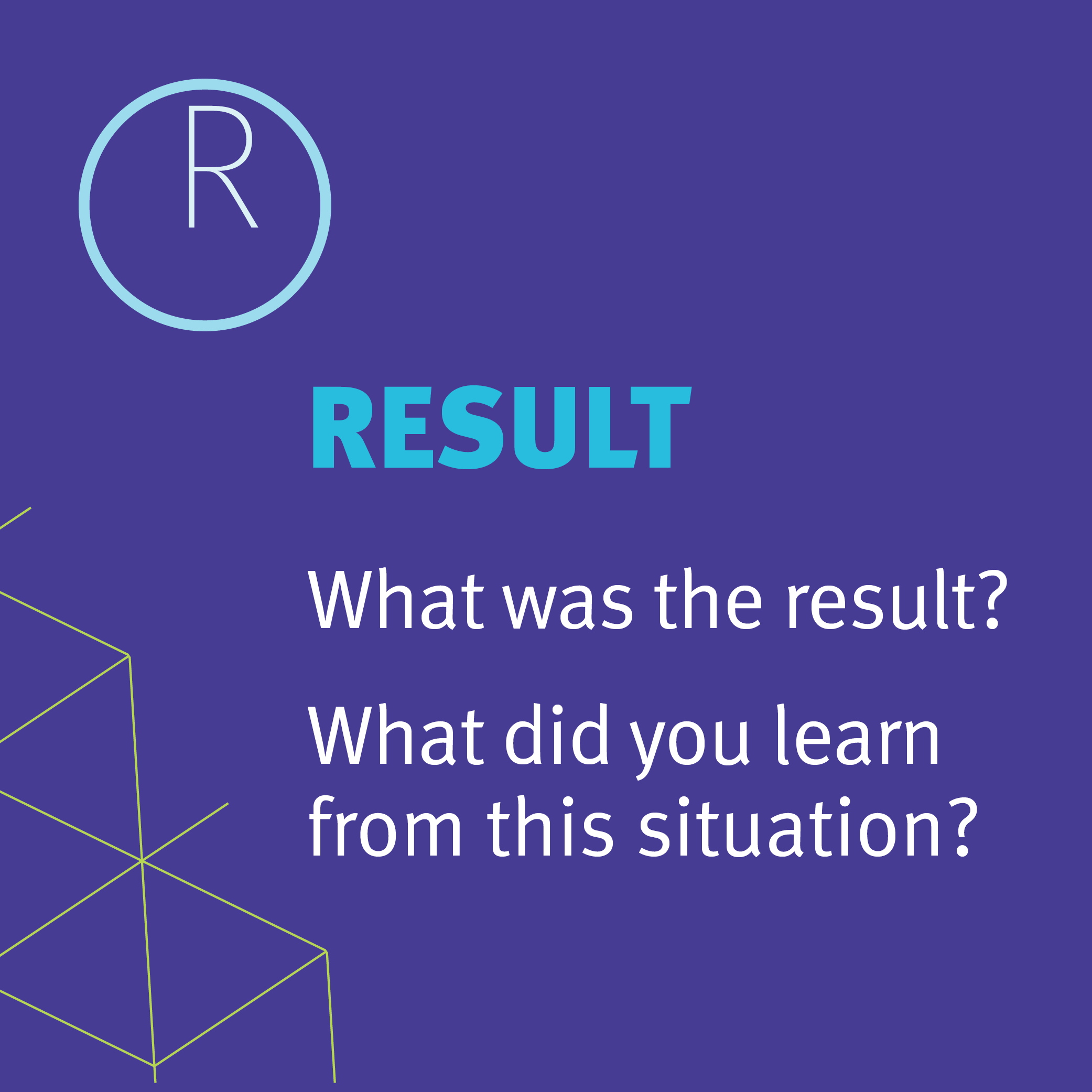> Adaptability
> Collaboration
> Creativity
> Emotional intelligence
> Persuasion
Updated: March 2025
If you’ve decided to pursue a business career, seeking out career advice early on is a great way to set yourself up with productive habits. Maybe you are interested in finance or analytics or managing large teams. Perhaps you have an innovative streak and dream of starting your own business.
Whatever your career goals are, studying or further studying business will help you gain foundational skills to fulfil them. However, studying is only one part of the journey. You must also take advantage of the student support and career services available and any industry events or networking opportunities.
Here, we’ve gathered expert advice and handy go-to resources to answer some of your top questions about how to build a successful business career.
1. Do your research: Business Areas, Majors and Specialisations
Studying a Bachelor of Business or a postgraduate Business Administration course will allow you to cover various subjects to develop and progress in a managerial career. You will learn analytical, high-level problem-solving, and communication skills.
You will graduate with a firm understanding of different business environments and effective ways to approach, create and execute operational business plans. Gaining industry knowledge by reading industry journals or listening to relevant podcasts can also help you stand out in your chosen field.
Here are a range of industries and possible career outcomes.
Career Outcomes
Business Analyst | Data Specialist | Reporting Analyst | Business Consultant | Social Media Manager | Corporate Reporting Supervisor
Career Outcomes
Chief Executive Officer | Management Consultant | Program Director | Entrepreneur | Operations Manager | Investment Analyst
Career Outcomes
Business Risk Manager | Auditor and Assurance Specialist | Financial Analyst | Insolvency and Reconstruction Specialist | Investigative Accountant | Strategic Manager
Career Outcomes
Product Marketing Manager | Digital Marketing Specialist | Events Manager | E-commerce Consultant | Public Relations Officer | Communications Specialist
Career Outcomes
Hotel Manager | Food Service Director | Restaurant Manager | Travel Consultant | Events & Community Manager | Travel Industry Entrepreneur
Whether you choose a general course, a specific branch of business or an MBA specialisation, ultimately depends on your unique interests and how sure you are of your career trajectory.
Here’s a quick rundown of a few business areas and specialisations that you can pursue at Kaplan Business School.
Accountants provide individuals and organisations with information relating to financial performance. They help manage their finances, tax credits and obligations and give advice on compliance and record management. All this can contribute to effective internal and external decision-making for a business.
What will you learn?
Career pathways
Business administration is suitable for students who want to pursue a degree in strategic management.
What will you learn?
Career pathways
Specialisation
A specialisation is an opportunity to gain industry-specific skills within a particular business brand.
We offer eight specialisations in our Master of Business Administration course, which are:
3. Tourism and hospitality leadership
Think you might benefit from two of these areas? You also have the option to study a dual specialisation enabling you to graduate with two specialisations without having to complete any extra subjects.

Business analytics refers to the scope of roles that involve reviewing and analysing business processes and using data to problem-solve and create efficiencies for a business or organisation.
What will you learn?
Career pathways
Information Technology is the use of computer systems to create, process, store, protect and exchange information.
What will you learn?
Career pathways
Specialisation
We offer 4 specialisations in our Master of Information Technology course, which are:
Analytics
Programming
Cyber Security
Web and Mobile Development
2. Make the most of your school's career services
The first go-to resource for any student looking for career advice should be your school or institute’s career hub or service.
At Kaplan Business School, Careers Central provides valuable career services, including:
3. Develop your soft skills
While gaining industry-specific technical knowledge (hard skills) is critical, it’s important to develop soft skills that are in demand by employers.
Soft skills, problem-solving, emotional intelligence and interpersonal skills, are character traits that relate to how you work and operate in the workplace.
According to the World Economic Forum’s Future of Jobs Report 2025, the top soft skills in demand by employers today include:
Analytical thinking
Resilience, flexibility and agility
Leadership and social influence
Creative thinking and
Motivation and self-awareness
> Adaptability
> Collaboration
> Creativity
> Emotional intelligence
> Persuasion

4. Take advantage of Academic Internships
Whether you’re changing careers or industries, moving into an area of specialisation, or wanting to transition into a managerial role, an Academic Internship can offer you real-life experience and various opportunities to build invaluable employability skills.
It’s not just for those new to the workforce, either. Whether you’re changing careers or industries, moving into an area of specialisation or wanting to transition into a managerial role, an internship can be your way to get your foot in the door.
The key benefits of undertaking an Academic Internship include:
Opportunities to apply your knowledge in a real business environment
Gaining industry knowledge
Networking with professionals
Adding valuable experience and references to your resume
Gaining a better understanding of your strengths and weaknesses
Building soft skills (e.g. teamwork, communication and problem-solving) and
Clarity on career direction.
To run the Academic Internship, Kaplan Business School has partnerships with an extensive network of businesses across five cities in Australia that spans startups, local SMEs, not-for-profits and ASX listed companies.



5. Grow your professional network
All business career advice highlights the value of being able to make industry connections. To make this happen, you need to take the initiative to research and join relevant industry group events and build your confidence in promoting yourself.
Here are top tips on how to network effectively from Brazilian KBS alumni, Giselle Machado, who is now the Lead Developer for a global technology consultancy called Thoughtworks.
Access opportunities
Access work experience and volunteering opportunities through the school’s careers service to meet industry professionals. Join industry networking events/forums via Meetups and Facebook groups.
Preparation is key
Before attending an industry event:
Don't be afraid to speak up
People are open to listening to you. Be yourself. Do not focus on selling yourself but instead engage in a conversation genuinely and ask people questions.
Follow up on LinkedInBusiness networking shouldn’t finish when the event does. Your end game is to follow up with (and nurture) the new contacts you worked hard to make. Connecting with them on LinkedIn can be a great first step to kick-off future interactions.
6. Be strategic with your job application
Your job application should always be personal and tailored to the role and organisation you are applying for.
Here are 4 key steps:



Step 1: Perform a job breakdown
When you read a job advertisement you want to apply for, take the information and break it down into three headings, based on what the employer is looking for:
Doing this will help you draft your cover letter.
Step 2: Write a tailored cover letter
A cover letter is a one-page letter that you include with your job application. This is your sales pitch that will market your credentials so it’s very important to make each word count. Your cover letter should be well-formatted and broken into paragraphs, with plenty of white space and no spelling or grammatical errors.
Read about the dos and don’ts and key tips for writing your cover letter.
Download our free cover letter template.
Step 3: Write a clear and concise resume
Keep your resume simple and professional, with lots of white space. Tailor your experience to the role you are applying for.
Read on the dos and don’ts and key tips for writing your resume.
You can download our free resume template.
Step 4: Interview practice
During an interview, 33% of bosses know whether they will hire you within the first 90 seconds.
Here are 4 top interview tips:
Research and prepare
Learning about the company such as its mission statement, values and culture will help you tailor your answers and impress the employer. Look at the position description so you know what skills and competencies they are looking for and think of relevant examples from your work experience. Also, be prepared with answers to common interview questions such as ‘Why are you interested in this role?’ and ‘What are your strengths and weaknesses?’.
Make sure you research the background of the company and find out what the culture is like. If you know people working for the company, contact them for advice.
Look at the position description before the interview so you know what skills and competencies they are looking for and think of different examples you can use to demonstrate them.
Be prepared with answers to common questions, for example, ‘Tell me about yourself.’
Use the STAR approach
The STAR approach can help you structure your answers for situational questions (i.e. specific questions about how you handle a real-life scenario on a job). For example:
‘Tell me about a time you’ve shown leadership on a project?’
‘Tell me about a time when you faced a challenge at work and how you resolved it.’




Make a good first impression
It will only take a few seconds for the employer to evaluate you. Here are a few ways to make a good first impression in your interview:
Dress appropriately for the role.
Arrive a little earlier for the interview.
Use positive body language such as sitting up straight and making eye contact.
Have a genuine smile and actively listen to what the employer is saying.
Be yourself
Ask questions
Asking thoughtful questions shows that you are genuinely interested in the company and proves that you have done enough research to seek clarifications on parts that you are unsure about.
Pro tip:
Keep a work journal – If you are currently working, keep a record of your main duties and key achievements. List these examples of your experience on your resume or use at a future interview.
7. Create a strong personal brand
Your personal brand means being clear on what values and skills you have, and your future goals, so that employers can understand and perceive the value you can offer them.
Once you can define it, you can include your brand in your cover letters, resumes, social media profiles etc. You can talk about it at job interviews, or whenever you’re pitching yourself or your ideas to employers.
According to Seek, if you want to create a professional brand for yourself or you’re looking to refine it, you should consider:
Here are our top tips to create a strong brand on LinkedIn:
Include relevant skills. This is important for employees and colleagues to see your strengths.
8. Become a Lifelong Learner
No matter how long you’ve worked, there is always something new to learn. At KBS, we offer a Lifetime of Learning Guarantee, to all our alumni. This means that after you graduate, you can access all online classes of the course you graduated from anywhere around the world at no cost. You can also access lifelong career coaching.The 4 benefits of lifelong learning are:
Regaining self confidence
At some point, people will need upskilling or reskilling in order to fill the skills gap created by global technological and economic changes. It is important to remain competitive and build confidence in adapting to changes in your current and future roles.
Increasing your market value
Continuing to learn throughout your career can also help you gain knowledge and skills in new areas beyond your immediate field of work and open up new job opportunities. Perhaps you are ready to start your own business? You can go back and study from a range of elective subjects such as ‘Fundamentals of entrepreneurship’ and ‘Small business administration' at KBS.
Apply for jobs effectively:
Learning about new market trends and what skills employers are currently looking for be useful when you apply for new jobs or promotions, update your resume, or write your cover letter.
Stay connected
Being active within your alumni community is a great way to stay connected to a wide network of culturally diverse professionals who are pursuing careers in your field and growing their own networks that you might be able to tap into.
Find out more about our free Careers Central service at Kaplan Business School.